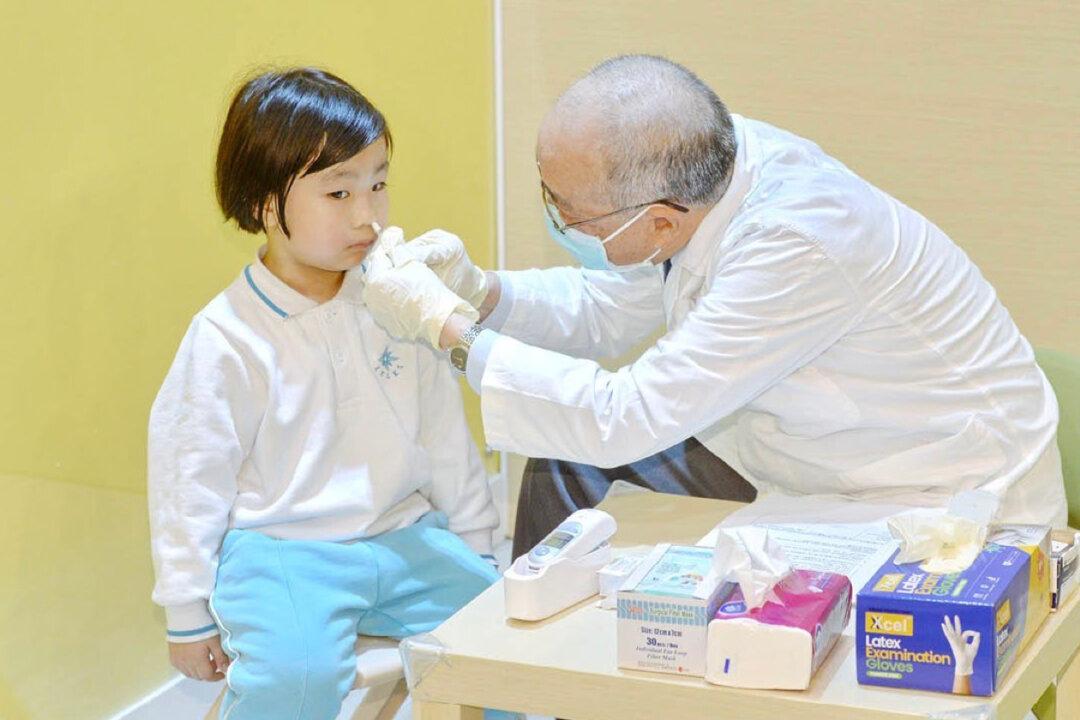Parents have been taking their children out of school for a few days during mass vaccination drives rather than have them take a live AstraZeneca nasal vaccine which they claim causes “shedding.”
In England, parents have started to receive invites for the annual NHS influenza (flu) vaccination programme for children.





